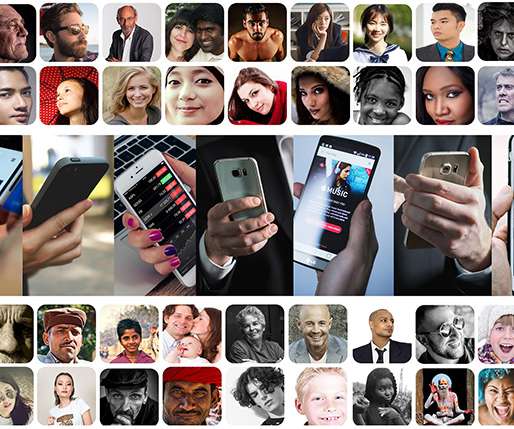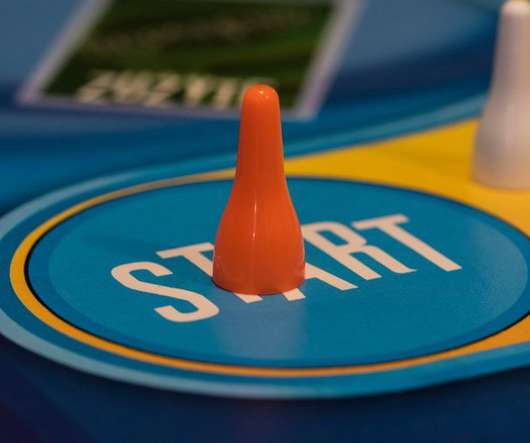Learning theories for the digital age
Learning with e's
MAY 20, 2013
I pointed out recently that many of the older theories of pedagogy were formulated in a pre-digital age. I blogged about some of the new theories that seem appropriate as explanatory frameworks for learning in a digital age. Is it now time for these new theories to replace the old ones?








































Let's personalize your content